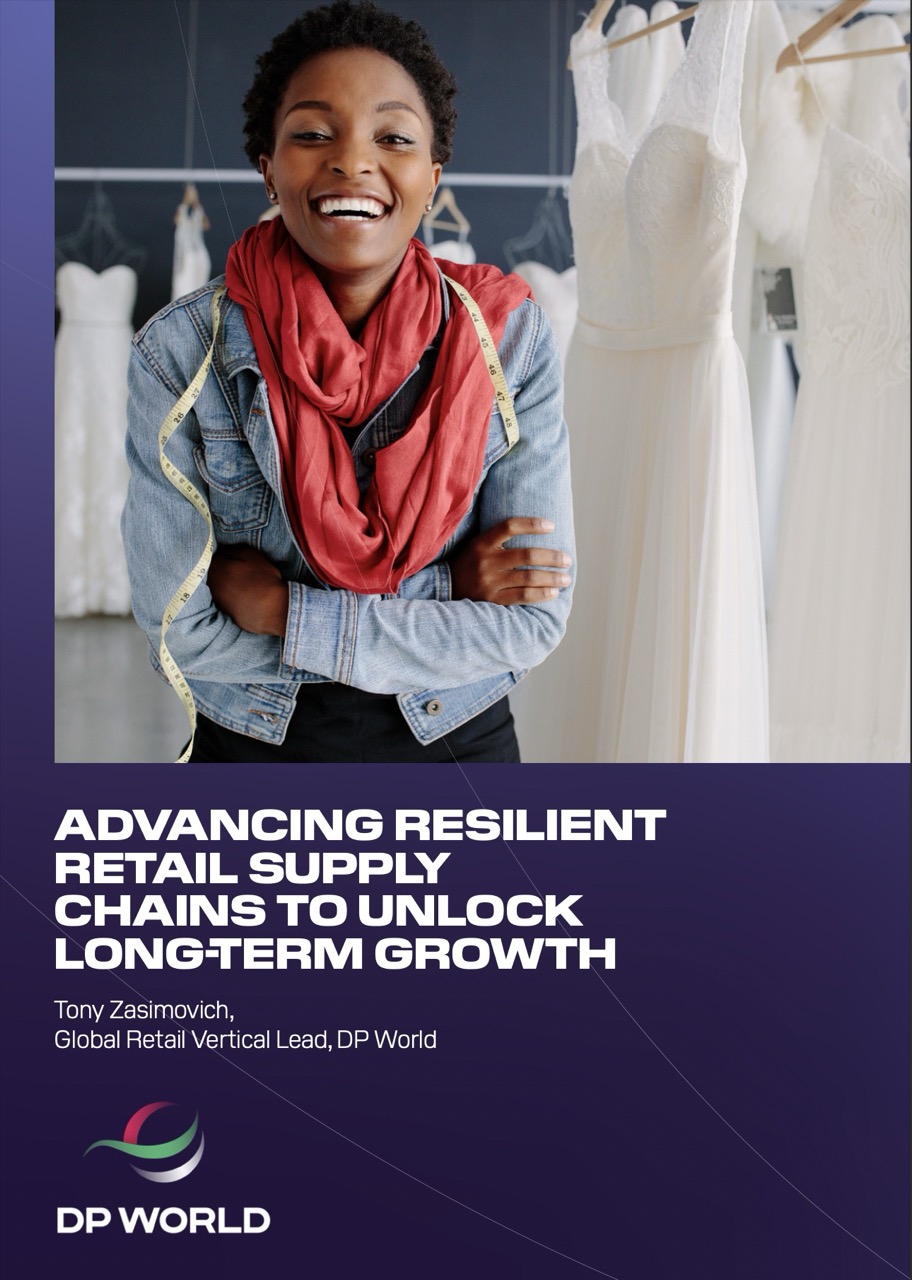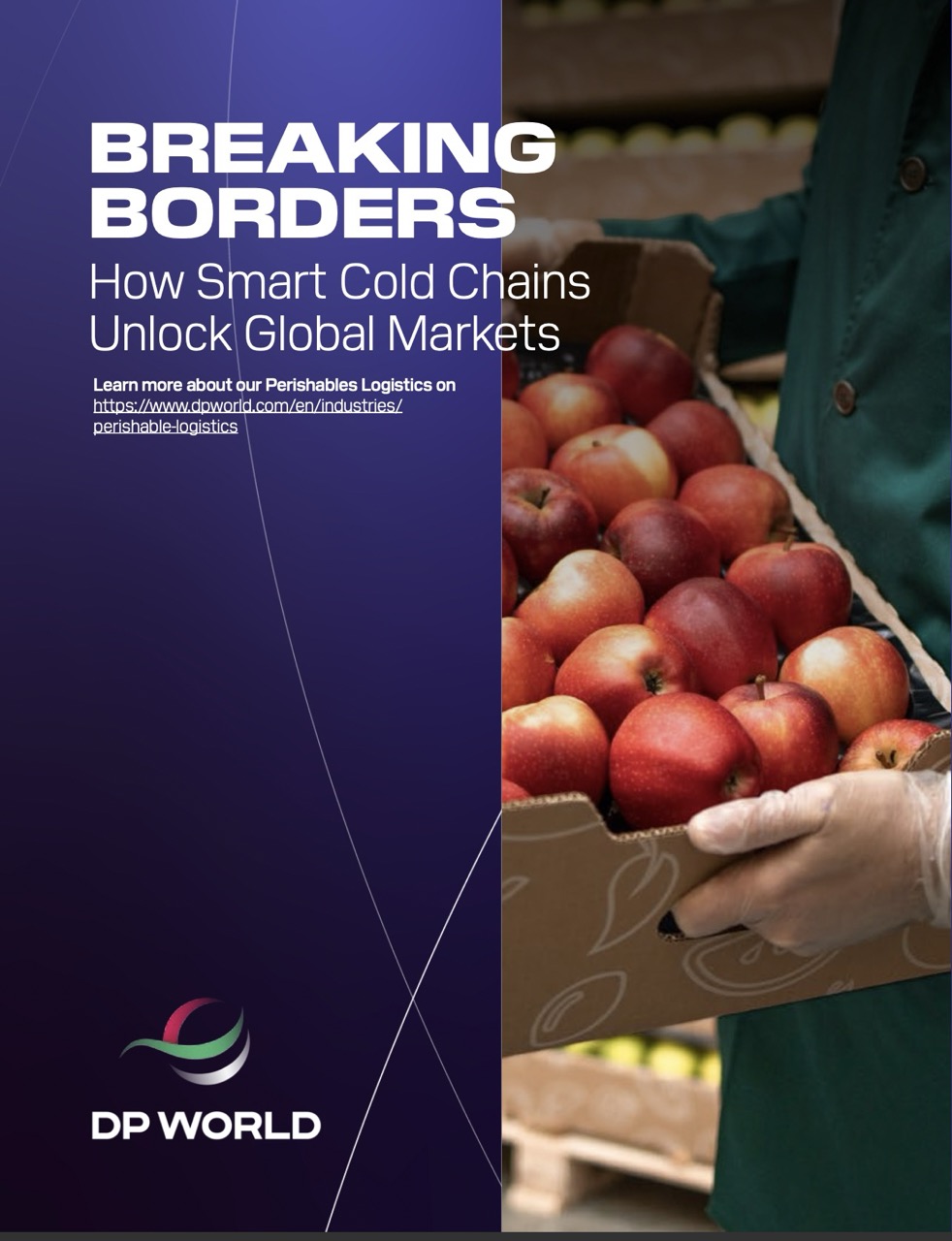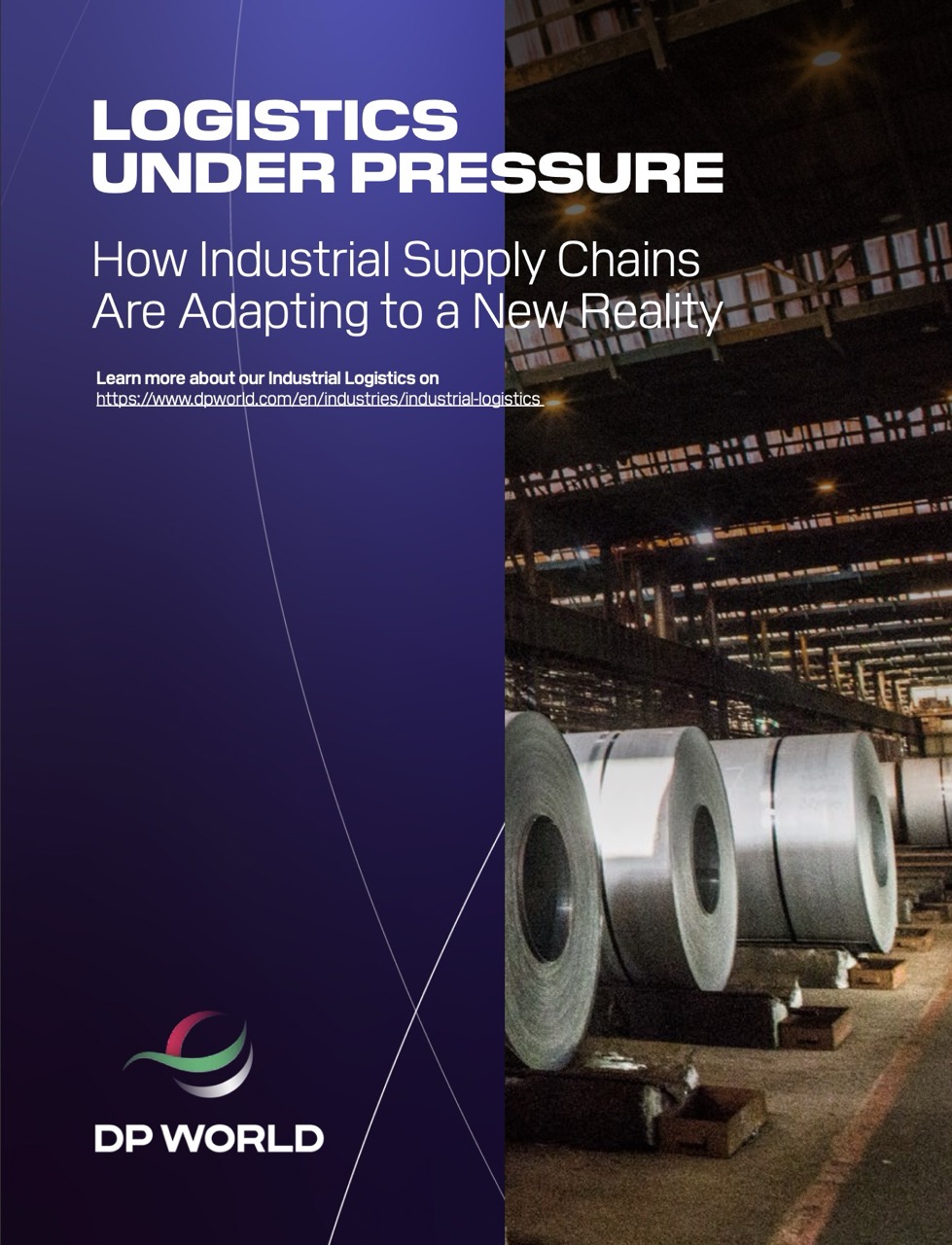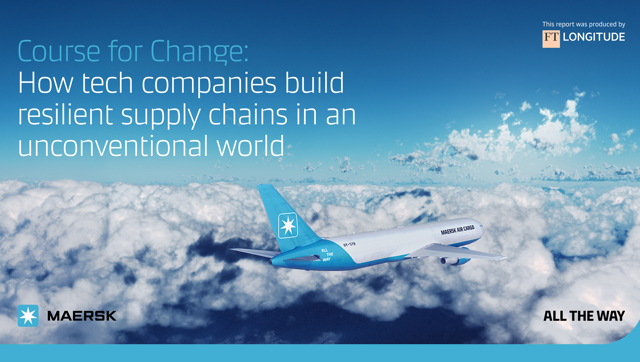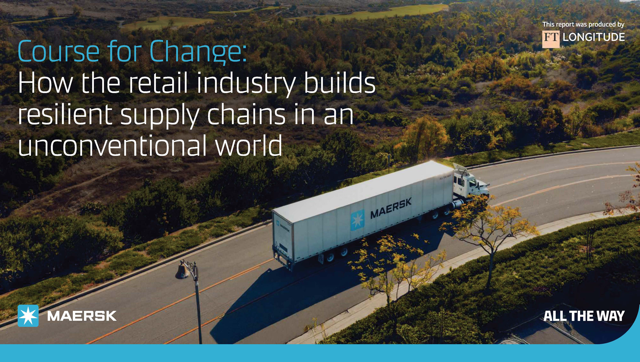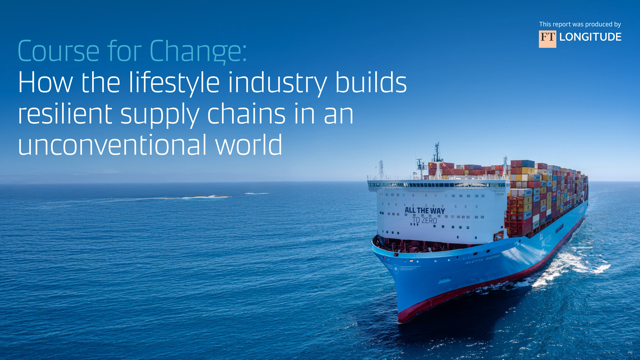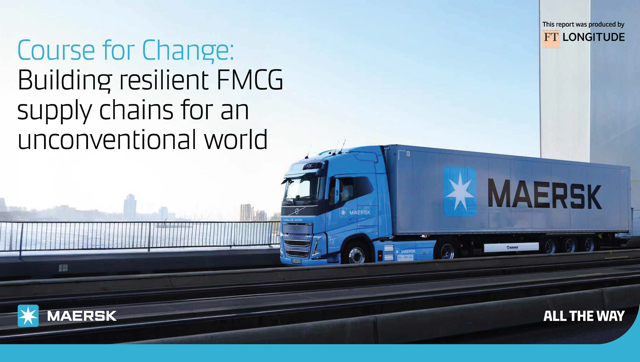

SUPPLY CHAIN AND LOGISTICS FOR THE INTELLIGENCE AGE
The complexity of modern supply chains is growing, leaving businesses struggling to keep pace with disruption, inefficiency, and sustainability demands. Missed opportunities and operational setbacks are becoming all too common. This whitepaper reveals how AI can transform supply chain and logistics for the Intelligence Age. Featuring insights from DP World, Goldsmiths, University of London, and market forecasts predicting AI in logistics to reach $707.75 billion by 2034, this asset is backed by industry leaders and expert research. In this whitepaper, you'll learn how to:
Whitepaper Artificial Intelligence Supply Chain Management Logistics and Procurement
